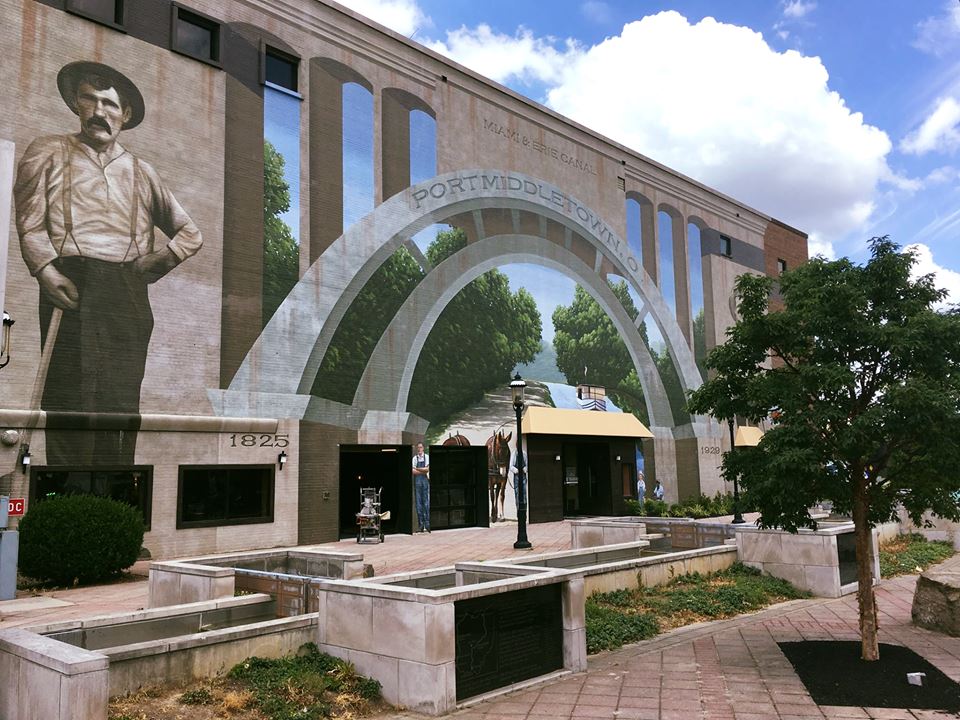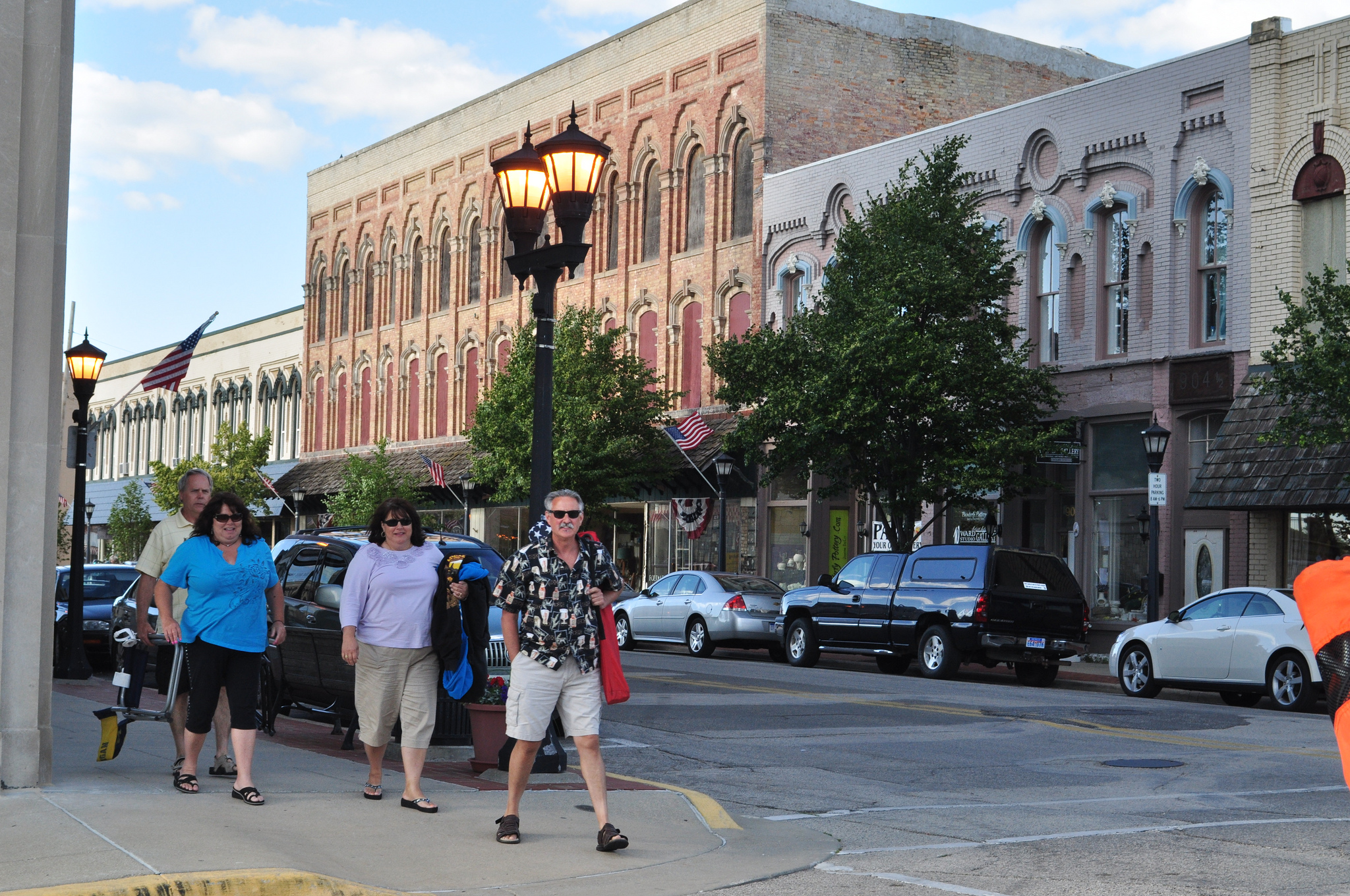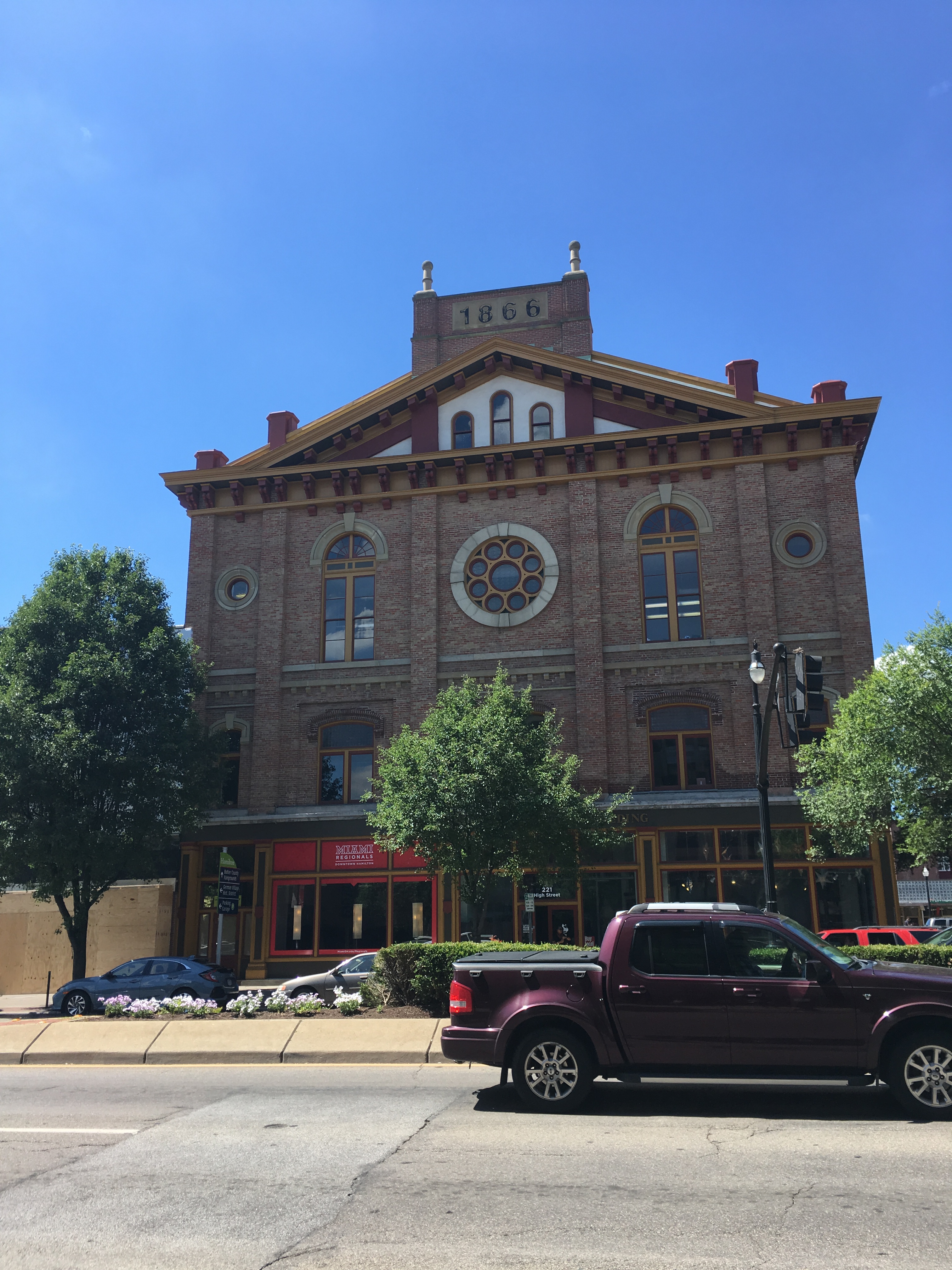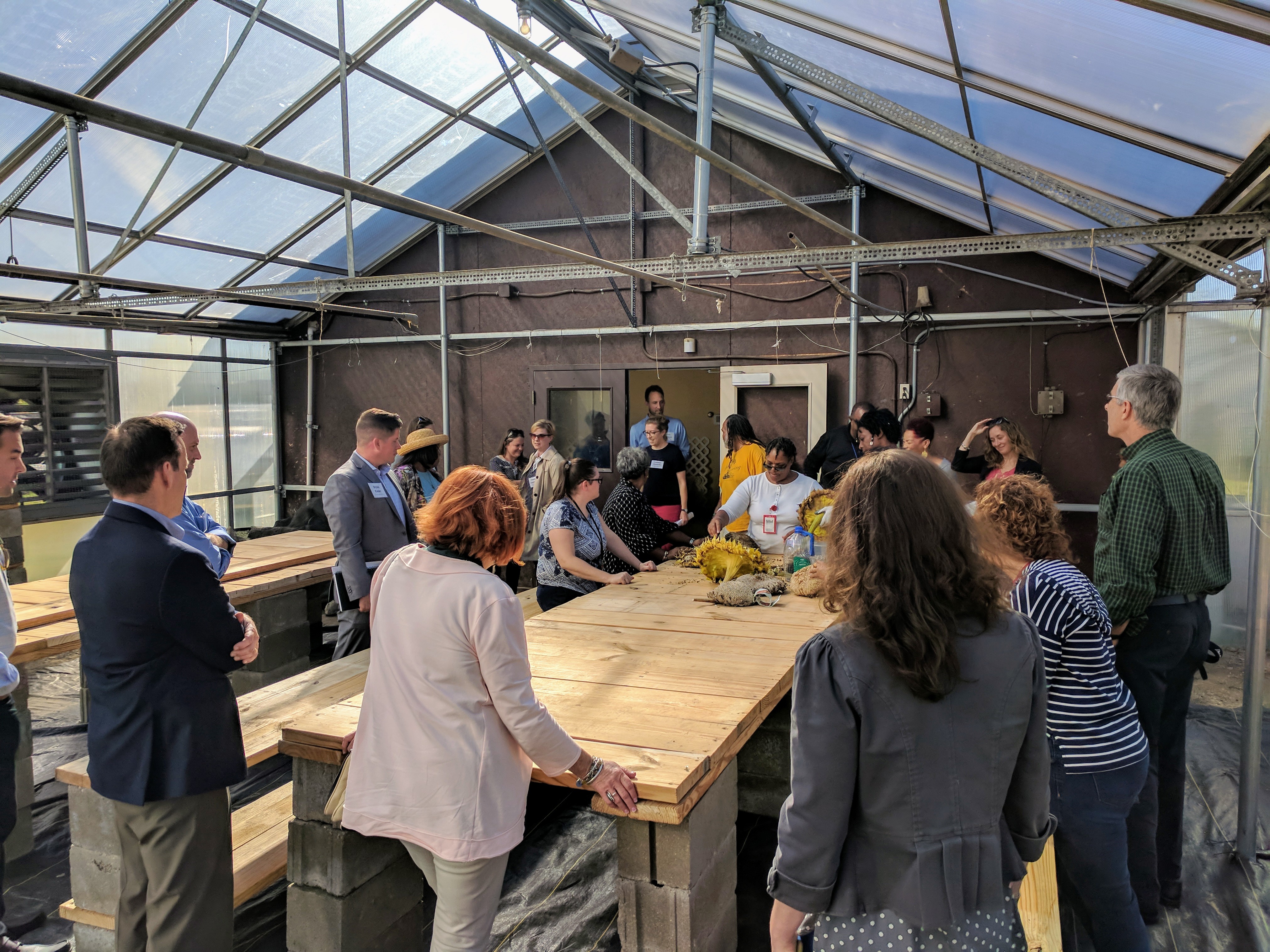
Community organizing is about building the capacity of a community to address a problem by identifying and attacking its root causes.
Although organizing is often thought of as a tool for progressive or liberal organizations, its tools and concepts are non-partisan. Anyone seeking to make change in their community can use the tools of community organizing, no matter whether they are focused on grassroots, neighborhood-level issues or city-wide community and economic development strategies.







